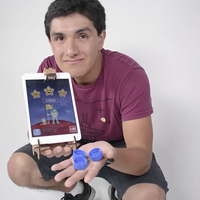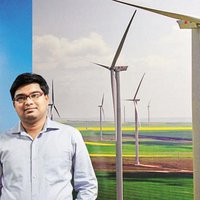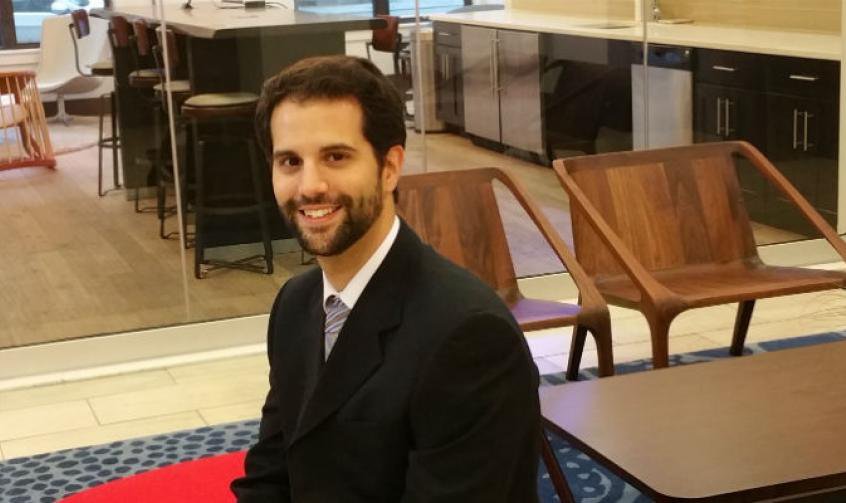Software
Javier Hernández
His intelligent devices detect stress and emotions to help people

Latin America
Adolfo Valdiviezo
Incorporating real world objects into digital education applications to accelerate learning

India
Richa Bajpai
She is on a mission to make NextGen, a global leader by maximizing the impact of every dollar spent, with the use of technology. Her work, innovation, achievements and entrepreneurial skills in CSR & Sustainability space have been widely recognized and extensively covered in both national and international forums.

India
Vignesh Subrahmaniam
His innovation at GE has been focused on creating algorithms that automatically spawn algorithms for forecasting severe weather at thousands of locations. These automatically spawned algorithms act as “digital twins” for local weather conditions

Latin America
Oscar Sanchez
His cloud-based call center helps companies to provide telephone-based support services through a simple web link
